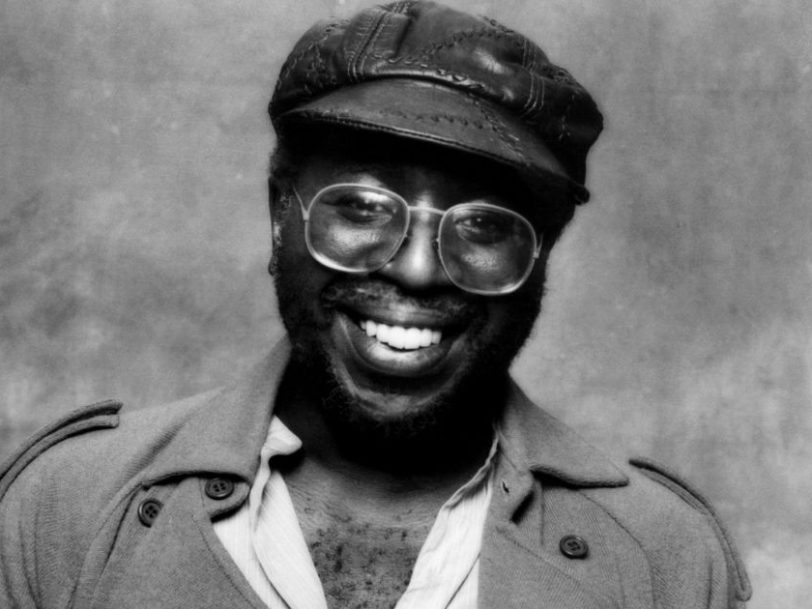A giant in soul music and beyond, Curtis Mayfield enjoyed his first hit record in 1958, and his songs still resonate today. So often thought of as a boss of the funky soundtrack, the Chicago superstar’s range actually spread from gospel to R&B, soul to pure pop, and his songbook was bulging with brilliant and thoughtful material that other people turned into hits, including Major Lance, Jerry Butler, Gene Chandler, Aretha Franklin and Linda Clifford. Mayfield also ran his own record labels and produced numerous acts, making him a pioneering businessman among the most influential Black musicians of his day. Here are 20 of the best Curtis Mayfield songs – proof that this legend of 60s and 70s Black music was one of the truly outstanding figures of the 20th century. Mayfield passed away on 26 December 1999, but the messages in his remarkable songs remain entirely relevant.
Listen to the best of Curtis Mayfield here, and check out our best Curtis Mayfield songs, below.
20: Superfly (from ‘Super Fly’, 1972)
Curtis Mayfield’s Super Fly soundtrack both subverted and elevated the Black drama movie it was written for, taking it beyond exploitation into a commentary on the folly of ghetto gangster life. One of the first tracks people think of among the best Curtis Mayfield songs, its main theme is a sizzling funky jam which seems to celebrate the ghetto hustle while also being fully aware of its potentially grim consequences and burdens. Only Mayfield could serve it up like this.




